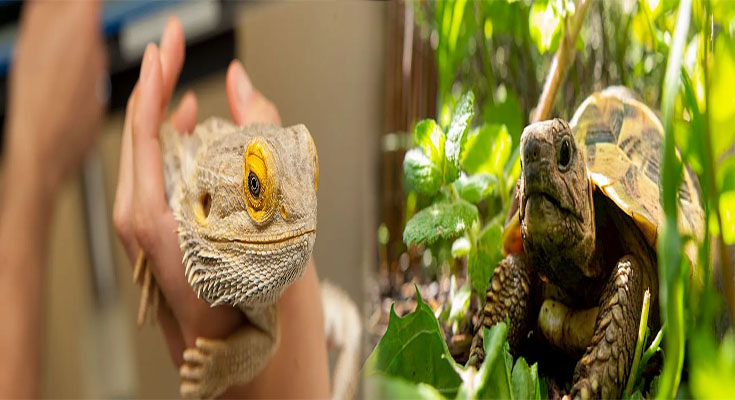Keeping exotic pets can be a rewarding experience, but it also comes with the responsibility of creating and maintaining a suitable habitat for your unique animal companion. Proper care and attention to detail are essential for ensuring the health and well-being of exotic pets. Here are some care tips to help you maintain a healthy habitat for your exotic pet:
1. Research and Understand Your Exotic Pet’s Needs
Before bringing an exotic pet into your home, it is crucial to research and understand the specific requirements of the species you choose. Different exotic animals have varying needs in terms of diet, temperature, humidity, lighting, and habitat size. It is essential to provide an environment that closely mimics their natural habitat to ensure their physical and mental well-being.
2. Create a Suitable Habitat
Designing a suitable habitat for your exotic pet is one of the most critical aspects of their care. Consider factors such as temperature, humidity levels, lighting, substrate, and hiding places. Ensure that the enclosure is appropriately sized to allow your pet to move around comfortably and exhibit natural behaviors.
3. Provide Proper Nutrition
Each species of exotic pet has specific dietary requirements that must be met to maintain their health. Research and provide a well-balanced diet that meets your pet’s nutritional needs. Supplement their diet with vitamins or minerals as recommended by a veterinarian or exotic pet care specialist.
4. Maintain Cleanliness
Regular maintenance and cleaning of your exotic pet’s habitat are essential for preventing the growth of harmful bacteria and parasites. Remove waste, uneaten food, and soiled substrate regularly to maintain a clean and hygienic environment for your pet.
5. Monitor Environmental Conditions
Monitor and regulate the environmental conditions within your exotic pet’s habitat to ensure they are within the optimal range for the species. Maintain appropriate temperature, humidity levels, and lighting to support your pet’s health and comfort. Use thermometers, hygrometers, and lighting timers to help you monitor and maintain these conditions.
6. Provide Enrichment
Enrichment activities are essential for keeping exotic pets mentally stimulated and preventing boredom. Provide toys, climbing structures, hiding spots, and other forms of environmental enrichment to encourage natural behaviors and provide mental stimulation for your pet.
7. Regular Veterinary Check-ups
Just like with traditional pets, exotic pets also require regular veterinary check-ups to monitor their health and catch any potential issues early. Find a veterinarian experienced in exotic animal care and schedule routine wellness exams for your pet.
8. Educate Yourself
Continuously educate yourself about the species of exotic pet you have chosen to care for. Stay updated on the latest research, best practices, and advancements in exotic pet care to provide the best possible environment for your unique companion.
By following these care tips, you can create and maintain a healthy habitat for your exotic pet, promoting their overall well-being and longevity. Remember that each exotic pet species has unique requirements, so it is essential to tailor their care to meet their specific needs and preferences. Proper care and attention will help ensure a happy and healthy life for your exotic pet.





